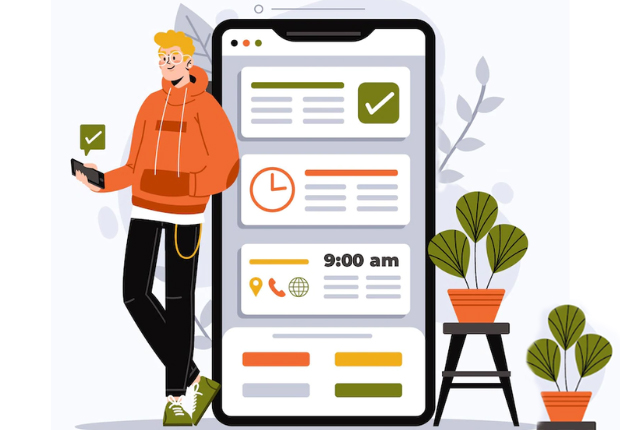May I Help You
May I Help You
With the growth of technologies, our lives have been revolving around digital assets. We make the most important decisions of our lives and businesses over the Internet and mobile apps. It is true to say that no business can succeed in either product or service if not undergo digital transformation, as there are millions of mobile apps lying in the different app stores providing the same at your doorstep.
Mobile application development is the process of creating software applications that run on a mobile device, and a typical mobile application utilizes a network connection to work with remote computing resources. Hence, the mobile development process involves creating installable software bundles (code, binaries, assets, etc.), implementing backend services such as data access with an API, and testing the application on target devices.
There are two dominant platforms in the modern smartphone market. One is the iOS platform from Apple Inc. The iOS platform is the operating system that powers Apple's popular line of iPhone smartphones. The second is Android from Google. The Android operating system is most widely used across the world in smartphones produced by various brands other than Apple Inc.


These applications are built using integrated development environments (IDE) and languages for “Mobile Operating Systems” such as Apple iOS or Google Android. Native apps enable you to customize necessary features according to your choice and need.
When it comes to developing native apps for Android, Java or Kotlin are used and in the case of iOS, Objective-C or Swift is used. Native mobile app development is ideal when you wish to deliver the utmost user experience in terms of the appearance and prime feel of the application.


Hybrid apps are a mix of both native and web applications. Where the core of the application is written using web technologies, hybrid apps are built with commonly used front-end development technologies and languages like JavaScript, HTML5, and CSS, giving them cross-platform functionality with the help of plugins including Ionis’s Capacitor, Apache Cordova, and so on which enables to get the access of native functionalities. The hybrid platform comprises majorly 2 components- a backend code and a native viewer which is downloaded for displaying the functions and the backend.